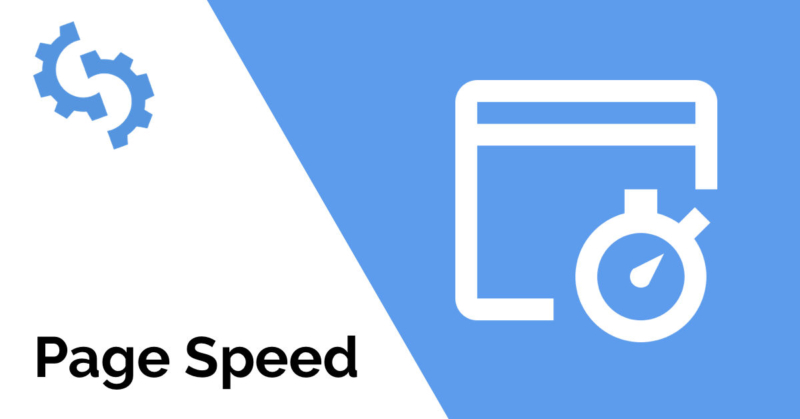4 Tips to Improve your Page Speed and SEO
Amongst the various factors that search engines consider to determine ranking, page speed is an important parameter. This means that if your website is loading relatively slower than your competitors, your ranking in in SEO search will be affected. Here are 4 useful ways to improve your page speed:
Image Compression:
Image files of large size will have a negative impact on page speed. Optimising images will make a huge difference in webpage speed. Using an image compression tool, you shall compress and reduce the size of images, thus paving the way for faster loading of webpages.
Reduce Server Response Time:
There are various factors that lead to reduced server response time, and they include slow routing, slow application logic, inadequate memory, frameworks, slow database queries, and more. Consider all these factors to reduce the server response time.
Prevent Several Page Redirects:
Executing more than one redirect from one URL to the landing page results in slower page load times. Take a look and make sure to reduce the number of redirects, so as to improve the page speed.
Make Use of Browser Caching:
Web browsers have the ability to cache some information from webpages including JavaScript files and images. This is beneficial when visitors revisit the same webpage, as the browser doesn’t have to load everything from scratch. This will, therefore reduce page load times. If your webpage doesn’t have caching setup, get the assistance of a SEO company for the same.
One of the best tools used to identify your webpage speed is the Google Page Speed Insights Tool. Check the load time and also see how your competitor is doing. Get in touch with search engine optimisation services that will assist you in making page speed improvements.

